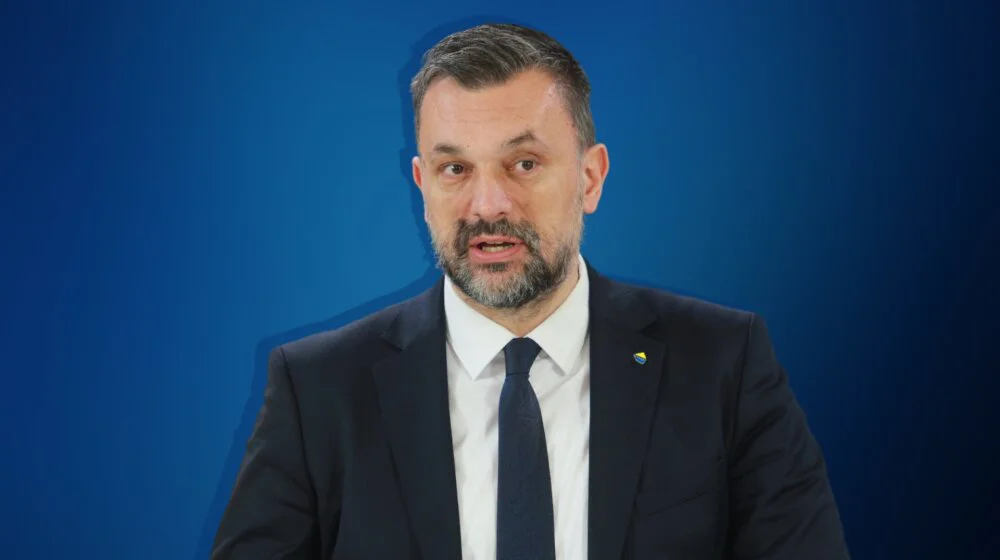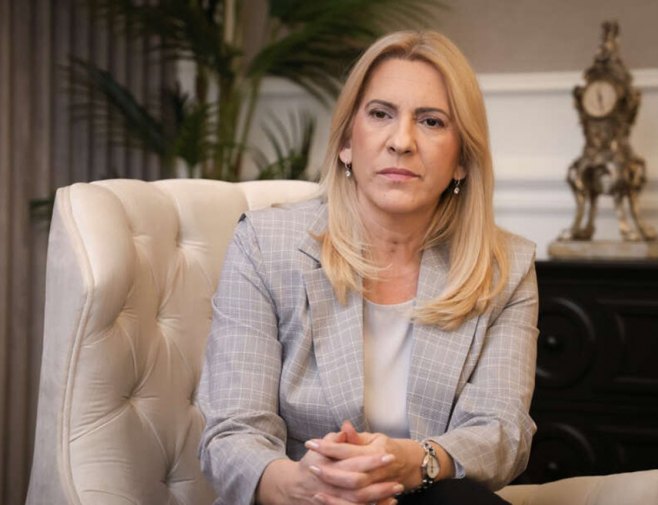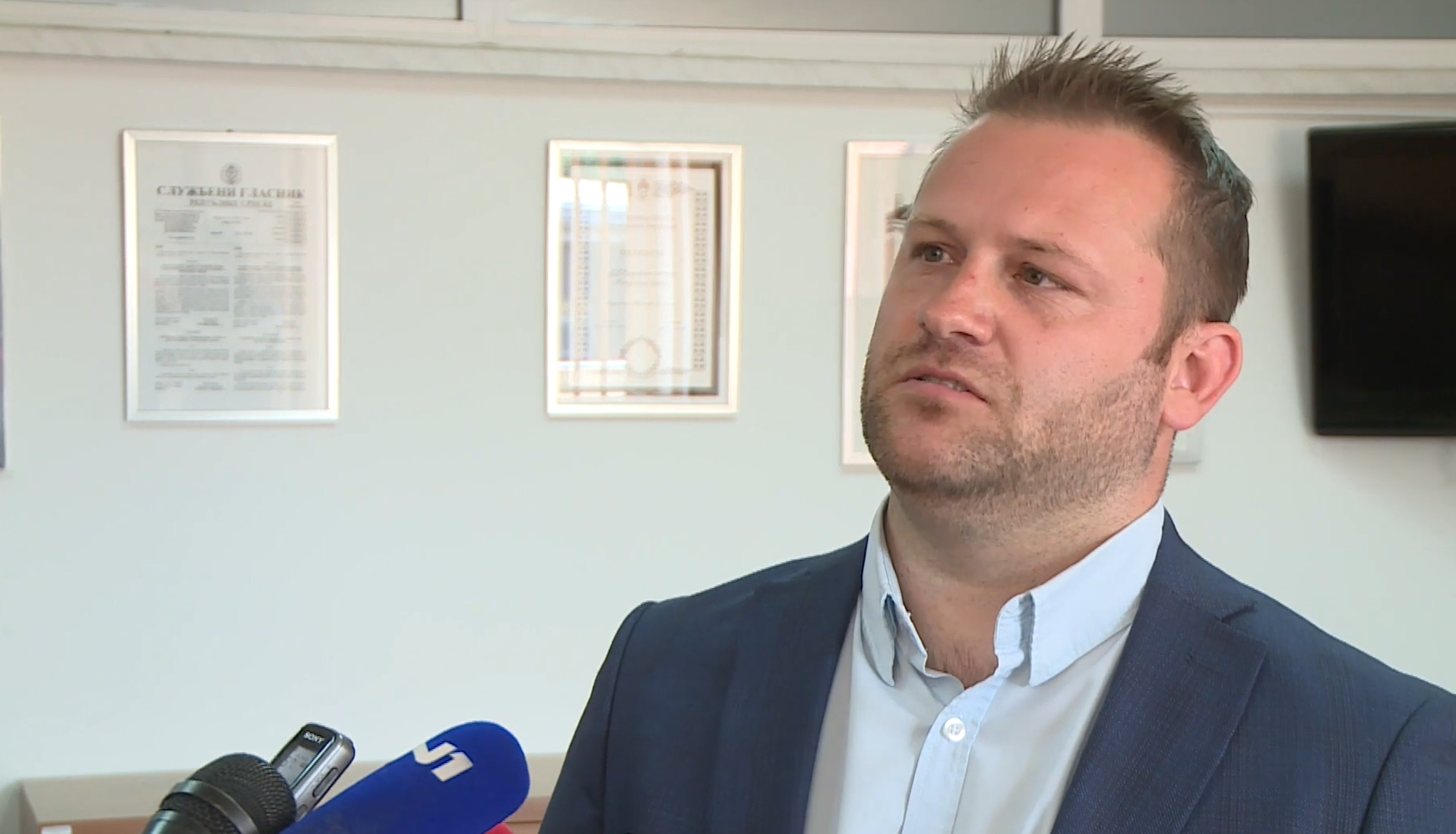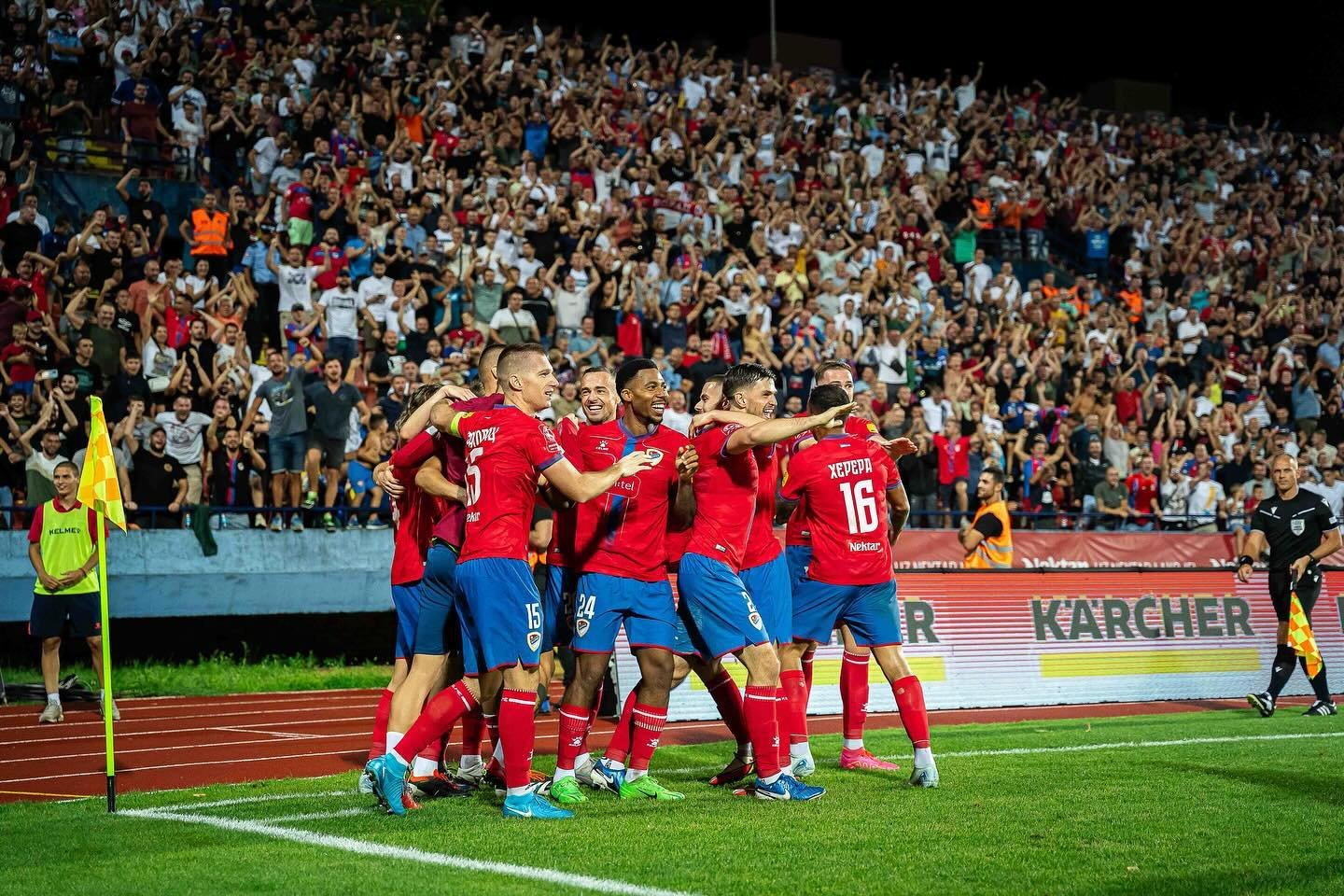A ceremonial academy marking 34 years since the establishment of the National Assembly of Republika Srpska will be held today in Banja Luka. Ahead of the event, Slobodan Bijelić, a member of the First Assembly convocation, told RTRS Morning Program that many decisions at the time were made under a sense of pressure.
“Whenever the opponent provokes us, we respond. Even then, promises were broken, and there was an effort toward majorization and reducing our sovereignty within what was supposed to be a state of three constituent peoples. Political parties were being formed one after another — Serbs founded the SDS in 1990 as a response to the political circumstances. Elections followed, and we soon realized we were dealing with people who did not have honest intentions toward the Serb people,” Bijelić said.
He noted that during the establishment of the National Assembly of Republika Srpska, both the HDZ and SDS were taking steps to strengthen the statehood of BiH as a federal republic within Yugoslavia, while also showing clear intentions to diminish Serb political influence. In such an atmosphere, he said, in October 1991, the idea of forming the Assembly of the Serb People emerged — through reasoned thinking, fairness, and debate.
“It was a dramatic night during which, historically speaking, the most important decision was made. Even today we see there are mentors at play, and that the West still follows a path of fragmenting Serb territories in the Balkans. In that context, we made that decision,” Bijelić said.
He emphasized that there are important lessons from the past: unity, solidarity, and dialogue must remain priorities.
“We must not allow any radicalization,” he added.
The President of the National Assembly of Republika Srpska, Nenad Stevandić, said that even then, hidden agendas were coming from the West — just as they are today.
“In 1991, the first convocation of the National Assembly of the Serb People made decisions in a magnificent way. There was a national elite and serious strategic thinking — a refusal to submit. A defensive line for the Serb people was created,” Stevandić stated.
He said that the same tendencies have resurfaced in recent years, requiring institutional efforts to preserve Republika Srpska’s position:
“We saw the return of such circumstances two or three years ago and tried to create balance. When we realized that history was repeating itself, we had to find a channel of communication with the West. What matters most is that we registered our property.”
Stevandić stressed that the institutions of Republika Srpska have withstood the pressures:
“Through diplomatic and other means, we pushed through this past year. I did not step back; I did not leave my ‘position.’ Behind the ‘constitutional trench of Srpska’ stands our property.”
He emphasized caution going forward:
“This is not the time for harsh rhetoric that could lead to an even more difficult situation. We have not given up — and time is working in our favor.”
Source: RTRS
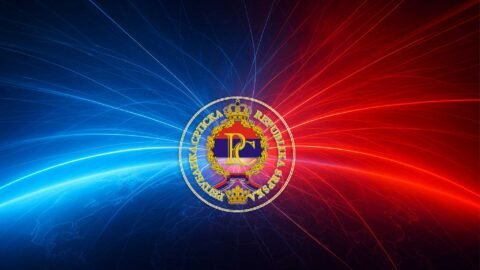
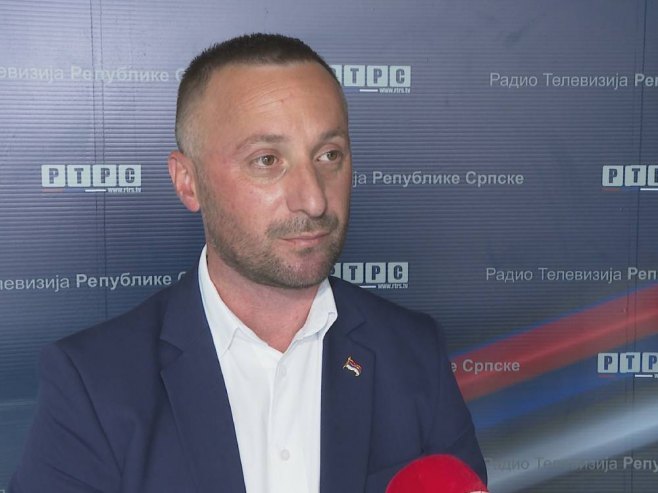

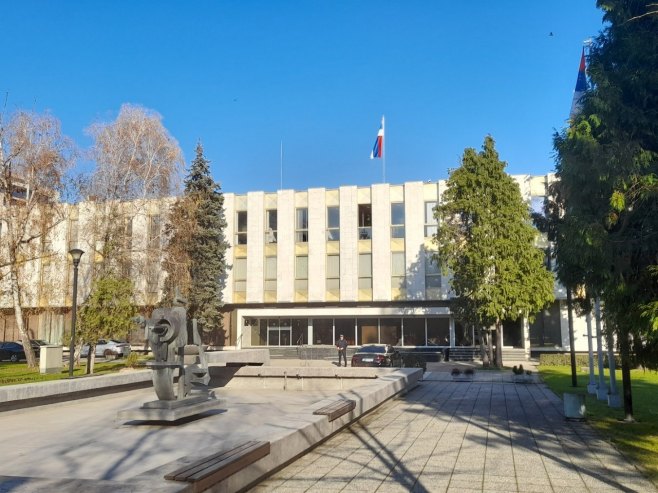
/origin-imgresizer.eurosport.com/2024/03/07/3924447-79721708-2560-1440.jpg)
